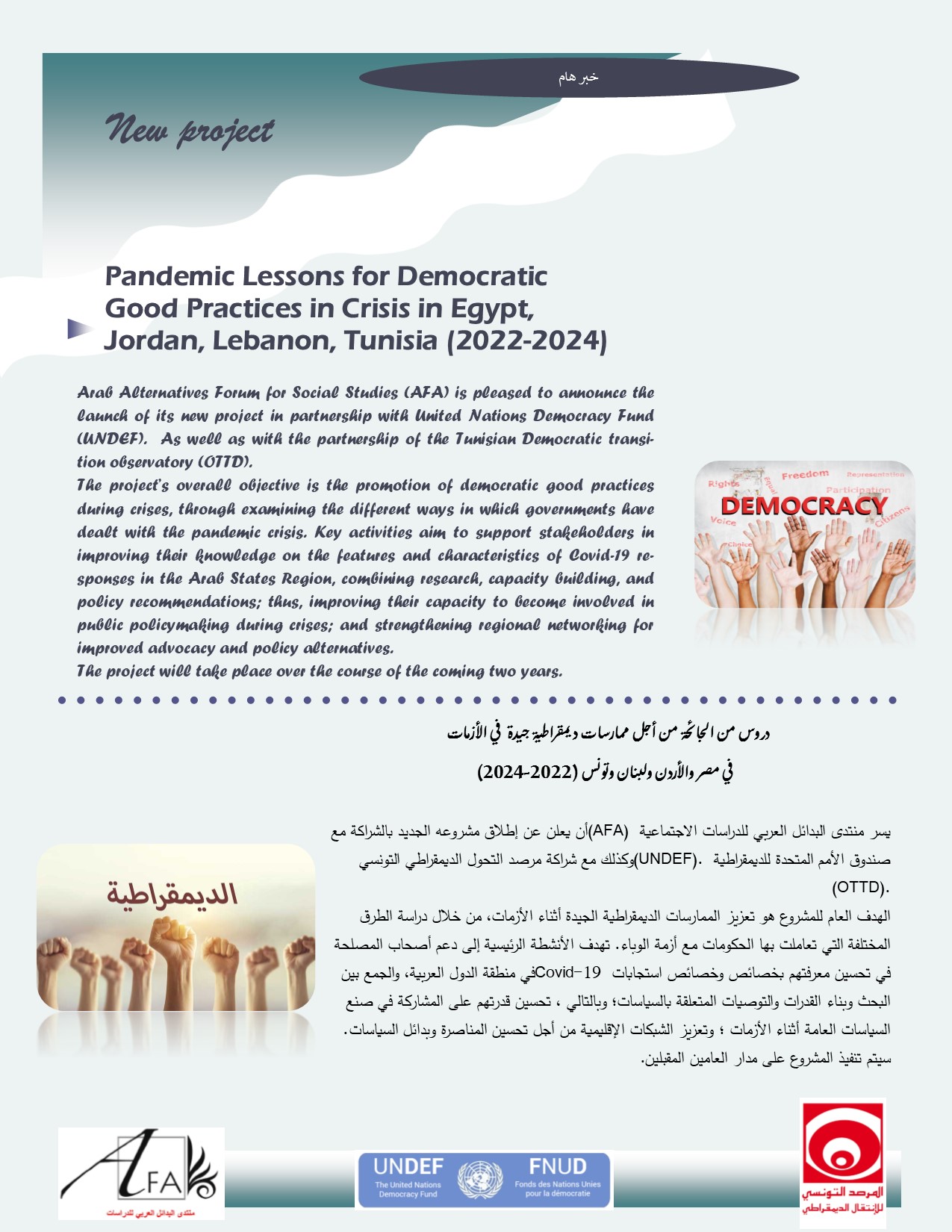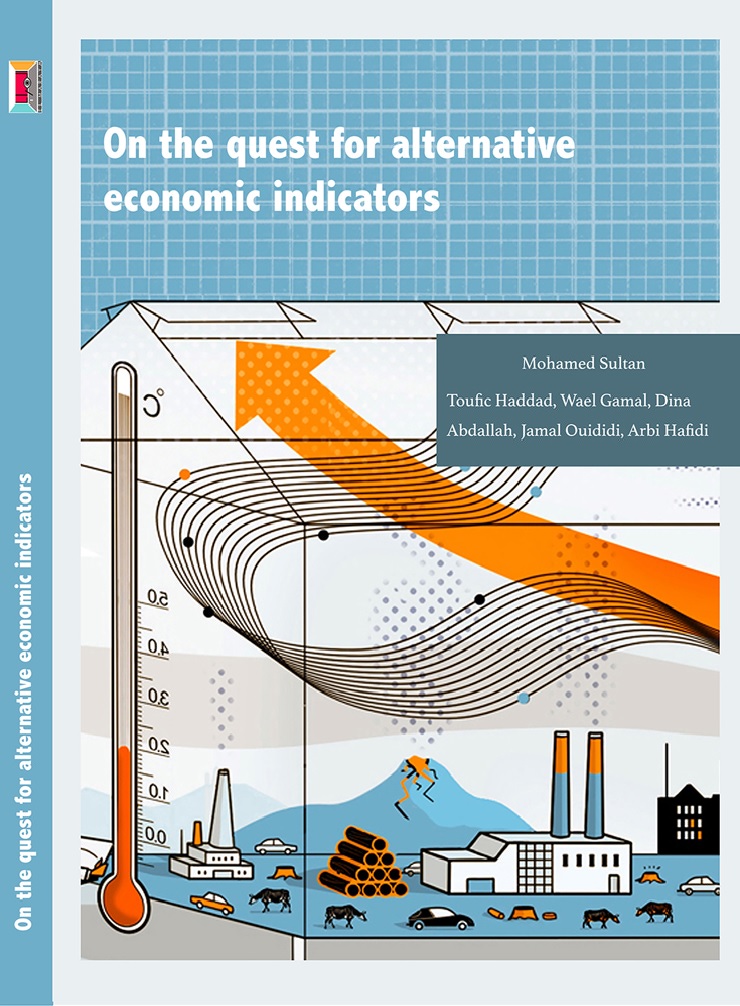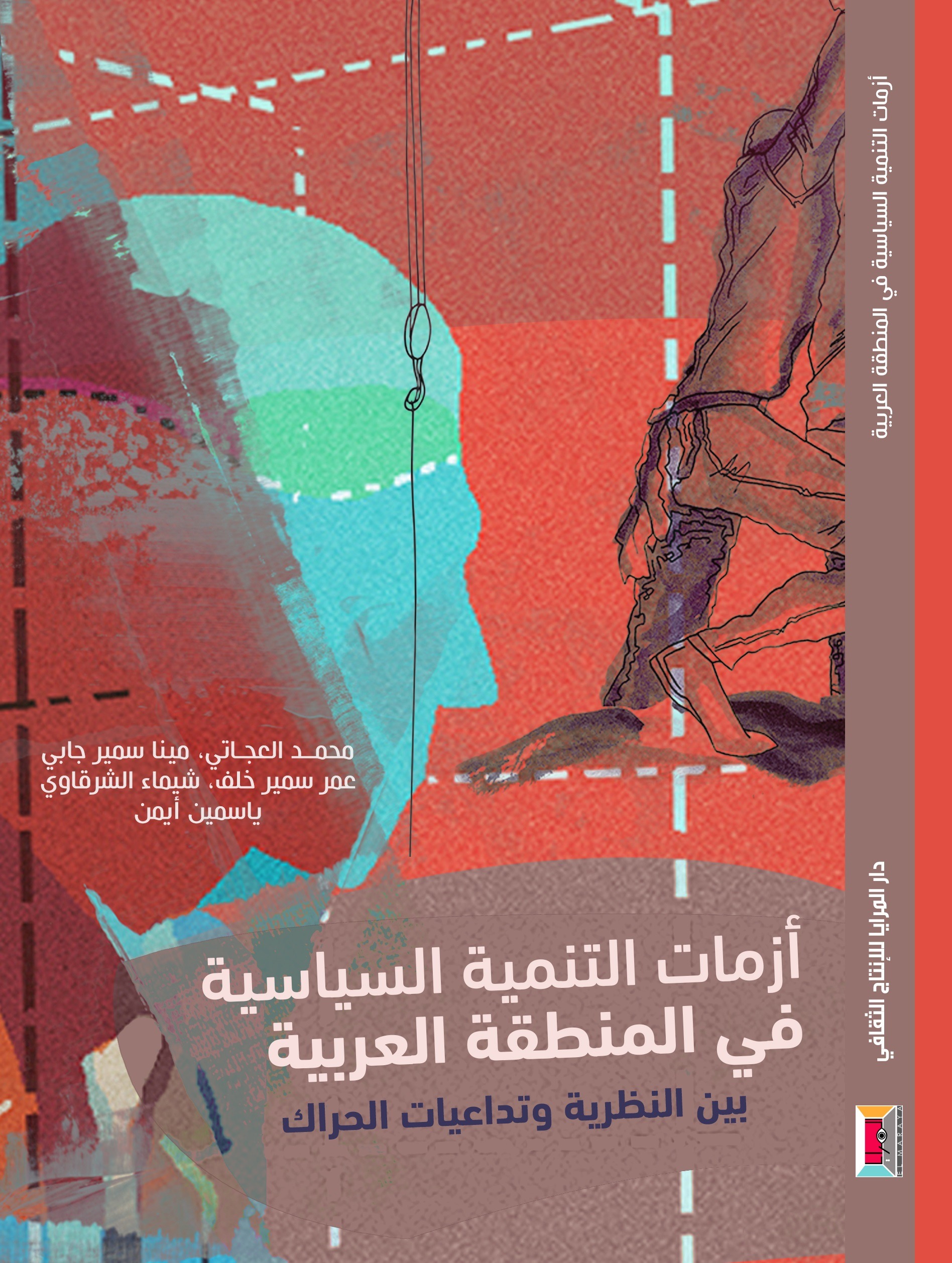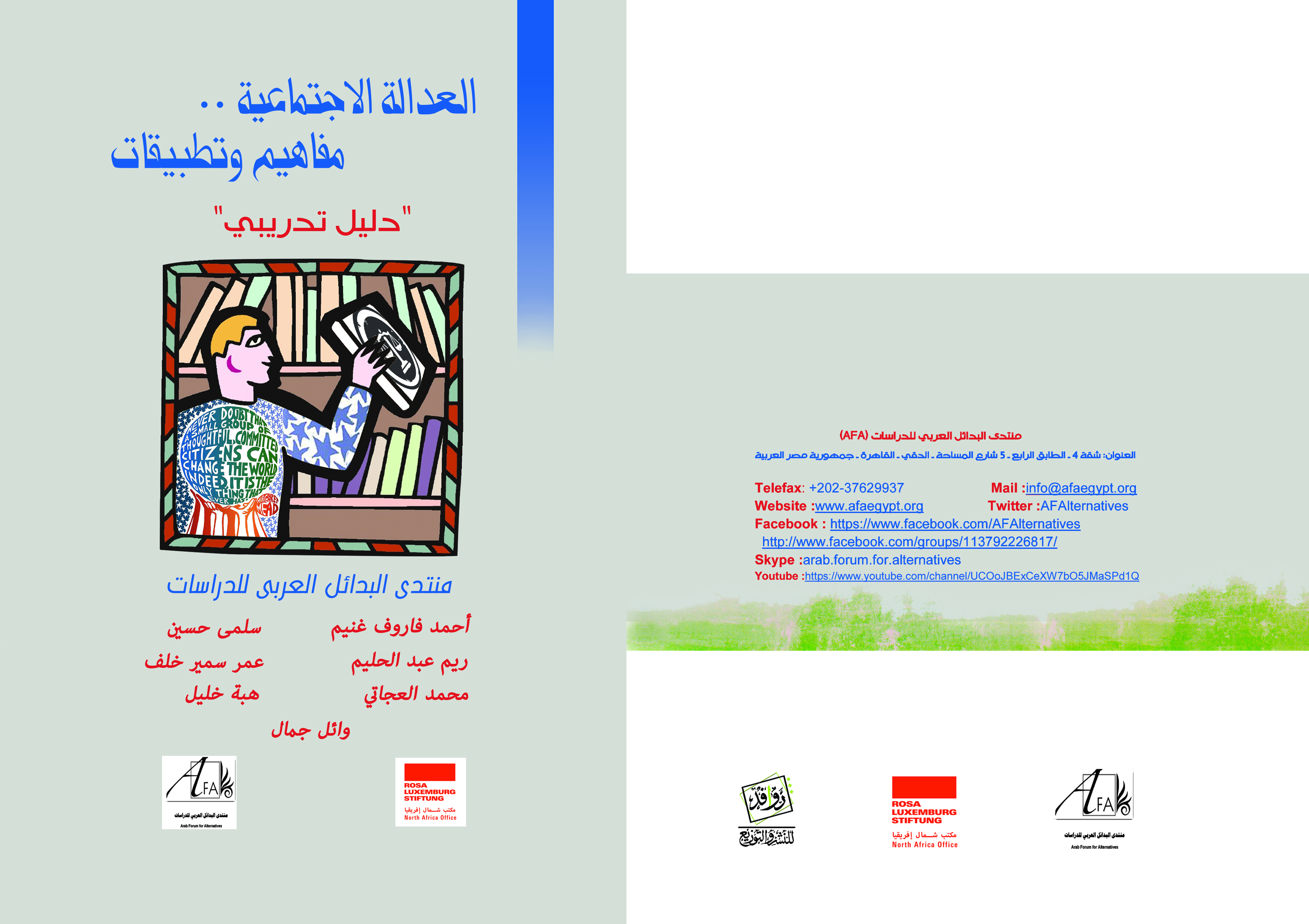New Project: Pandemic Lessons for Democratic Good Practices in Crisis in Egypt, Jordan, Lebanon, Tunisia (2022-2024)
Arab Forum for Alternatives ,Observatory for Democratic TransitionEgypt ,Jordan ,Lebanon ,TunisiaArab Alternatives Forum for Social Studies (AFA) is pleased to announce the launch of its new project in partnership with United Nations Democracy Fund (UNDEF). As well as with the partnership of the Tunisian Democratic transition observatory (OTTD). The project’s overall objective is the promotion of democratic good practices during crises, through examining the different ways in which governments have dealt with the pandemic crisis. Key activities aim to support stakeholders in improving their knowledge on the features and characteristics of Covid-19 responses in the Arab States Region, combining research,…








